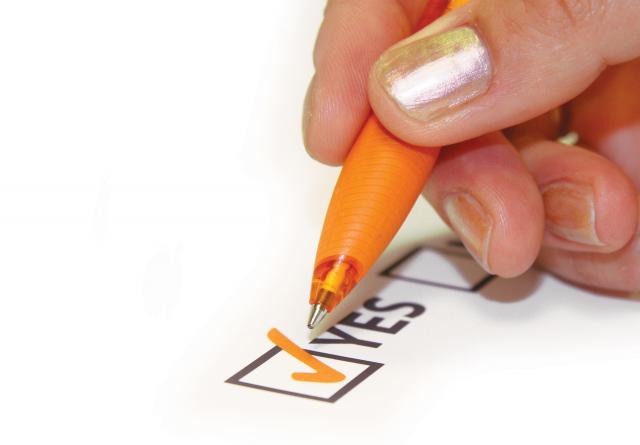Who is being asked to participate?
We are inviting adults age 21 years to 70 years from Denton County to participate in this study. To find out if you are eligible to participate please click here.
What will I be asked to do?
This is a 3-year study of stress and atherosclerosis. Participants will be examined in year 1 and then again 2 years later. Study participants will undergo the following:
 |
Medical Exams |
 |
Carotid Artery Ultrasound Scan |
|
|
Survey |
 |
Daily Monitoring Participants will be fitted with a portable blood pressure monitor and given a smart phone. The blood pressure monitor is small and is worn under clothing. It will automatically measure your blood pressure throughout the day. Each time a blood pressure reading is taken, you will be asked to answer a set of questions using an "app" on the smart phone. The questions will ask you about where you were, what you were doing, and what your mood was when your blood pressure was taken. The researchers will teach you how to use the blood pressure monitor and smart phone. |
Compensation:
In appreciation for your participation, you will receive $100 for participating in the first year of data collection. You will receive an additional $150 for participating in the 2-year follow-up. In addition, we are happy to send any medical tests to your doctor free of charge with your permission.
Benefits to Science:
This study is a response to a call from the National Institutes of Health (NIH). Through this study, we hope to improve understanding of how stress influences atherosclerosis. If our work is successful, it may lead to the development of better treatments to combat heart disease.


